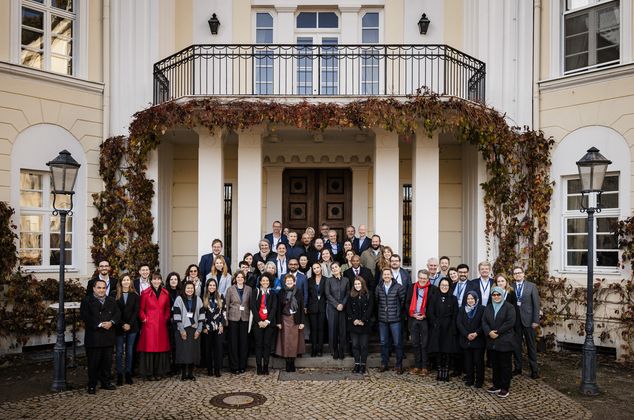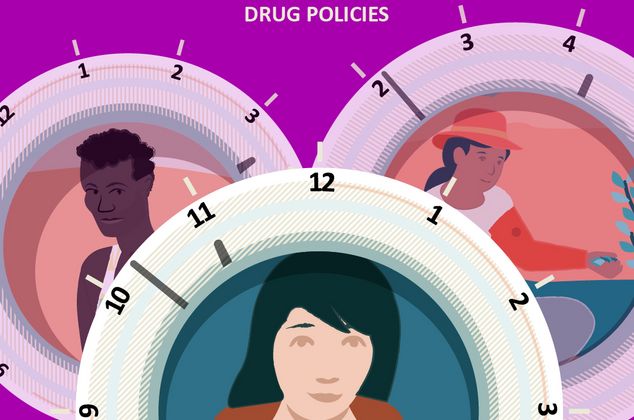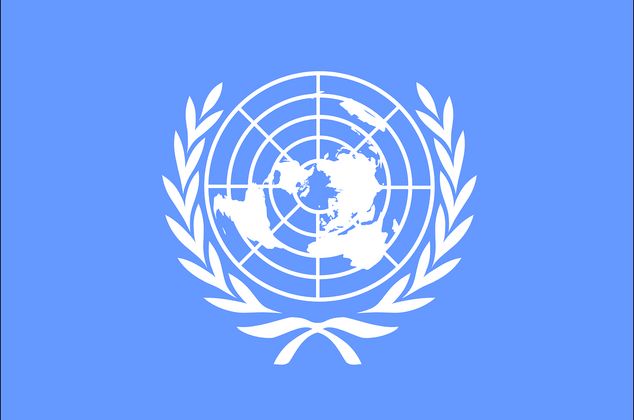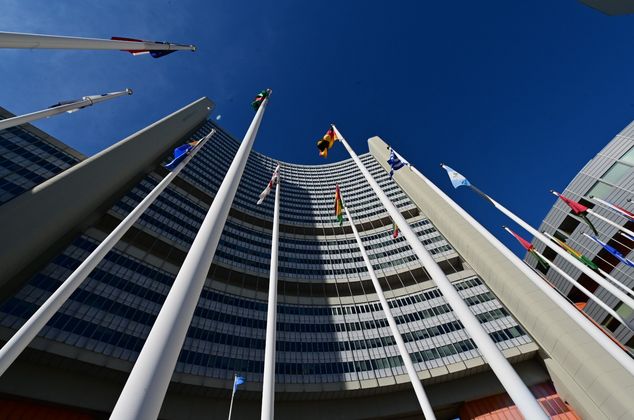International drug policies with perspective

Drug policies with a focus on sustainable development, oriented towards public health and human rights – this is what the GPDPD advocates on behalf of the Federal Ministry for Economic Cooperation and Development (BMZ) and under the patronage of the Commissioner of the Federal Government for Drug and Addiction Policy, in international dialogue and in cooperation with partner countries and organisations.
The debate on drug policy issues is more topical and urgent than ever. The development of recent years is clear: The cultivation, production and use of illicit drugs is increasing. The illegal cultivation of coca and opium poppies has reached historic highs. Never before has more cocaine been seized in Germany and Europe. The number of annual deaths attributed to the use of drugs is rising massively in many countries, most recently again in Germany. At the same time, drug use is increasingly shifting to countries in the global south, which are having to deal with this new challenge.
Illicit drug economies impede development
The negative effects of drug economies are manifold. They have devastating effects, particularly in developing countries, and undermine the development and functioning of entire states and societies. Small-scale farmers in poverty and without legal economic alternatives are forced to cultivate illegal drug crops. Conflict actors in civil wars and criminal networks finance themselves through the participation in the drug economy. Drug economies are usually accompanied by massive corruption and violence, which destroy the legitimacy of democratic institutions. People with problematic drug use are often denied access to urgently needed health care - with fatal consequences for the individual and public health. Instead, small-scale producers and consumers are often criminalised. Often governments counter them exclusively with police and military actions, violating basic human rights in many cases. Lack of access to health care for people who use drugs spreads diseases such as HIV and hepatitis.
Illicit drug economies destroy the environment
In many producing countries, the cultivation and production of illegal drugs is directly linked to deforestation, soil degradation and water pollution. The unsustainable spraying of illegal cultivation with plant poisons as a countermeasure also causes massive damage to the environment.
New approaches
Against this background, it is clear that new responses to the global drug problem must be formulated and proven approaches must be taken into account internationally. Drug policies without development approaches, public health measures and respect for human rights are not sustainable and often exacerbate the negative effects of the illicit drug economy. This is where the Global Partnership on Drug Policies and Development (GPDPD) comes in. The aim of the GPDPD is to shape sustainable drug policies at the global level. The focus is on the people, the protection of their fundamental rights and the satisfaction of their basic needs - whereby sustainable drug policies also contribute to the achievement of the Sustainable Development Goals.




